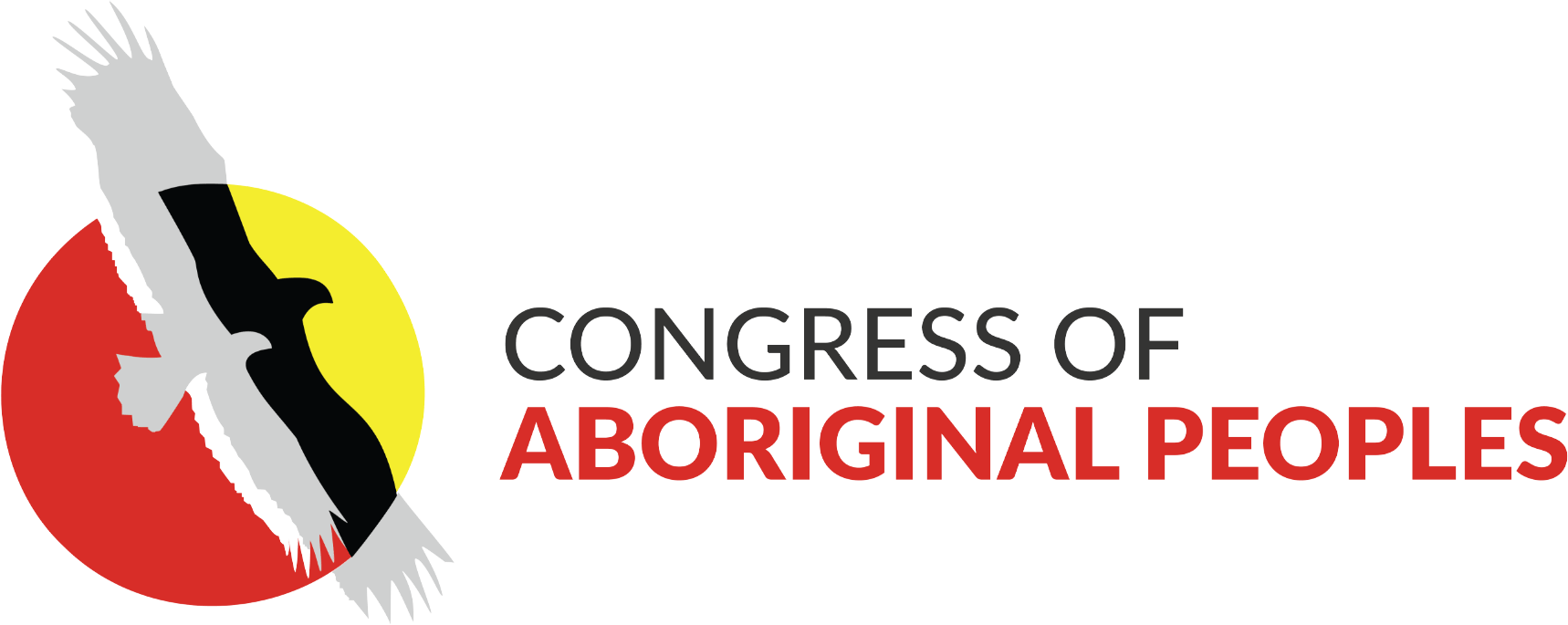Congress of Aboriginal Peoples (CAP)
Canadian National Indigenous Organization
About us
The Congress of Aboriginal Peoples represents the interests of Métis, status and Non-status Indians, and Southern Inuit Indigenous People living off-reserve in Canada.
Our Mandate
Our mandate is to improve the socio-economic conditions of our constituency living in urban or rural areas.
The Congress of Aboriginal Peoples works collectively with its 11 provincial and territorial organizations across Canada to promote and advance the common interests, collective and individual rights, interests, and needs of its constituents.
CAP believes that all Indigenous peoples in Canada should be rightfully treated with respect, dignity, integrity, and equality, and experience a high quality of life, founded on the rebuilding of our Nations.
Who we are
The Congress of Aboriginal Peoples is one of five National Indigenous Representative Organizations recognized by the Government of Canada. Founded in 1971 as the Native Council of Canada, CAP was originally established to represent the interests of Métis and Non-status Indians. Reorganized and renamed in 1993, the organization has extended its constituency to include all off-reserve status and Non-status Indians, Métis and Southern Inuit Indigenous Peoples, and serves as the national voice for its 11 provincial and territorial affiliate organizations.
TODAY AND BEYOND
CAP continues to undertake legal research, interventions, and political action to demand that the CAP Daniels decision be upheld and the rights of our constituents are protected and respected regardless of their residence off-reserve or Indian Act status.
Governance
Our Chief
National Vice-Chief
Staff
Office of the CEO
Governance Support
Finance
Policy
Research
Engagement & Partnerships
Environment
Indigenous Skills and Employment Training
Communications
Government Relations
Family Violence and Shelter Needs
Human Resources
Today and beyond
All Indigenous peoples in Canada should be rightfully treated with respect, dignity, integrity, equality, and have a high quality of life founded on the rebuilding of our Nations.
